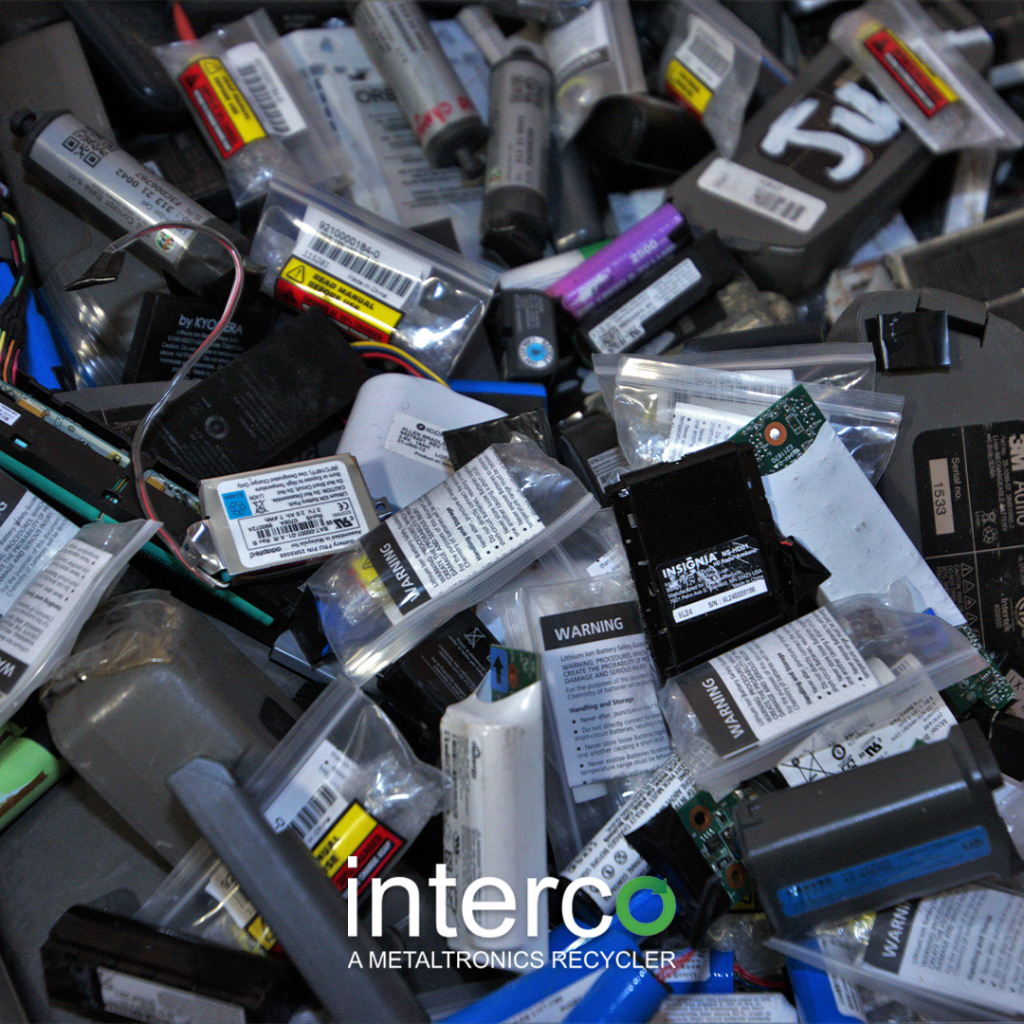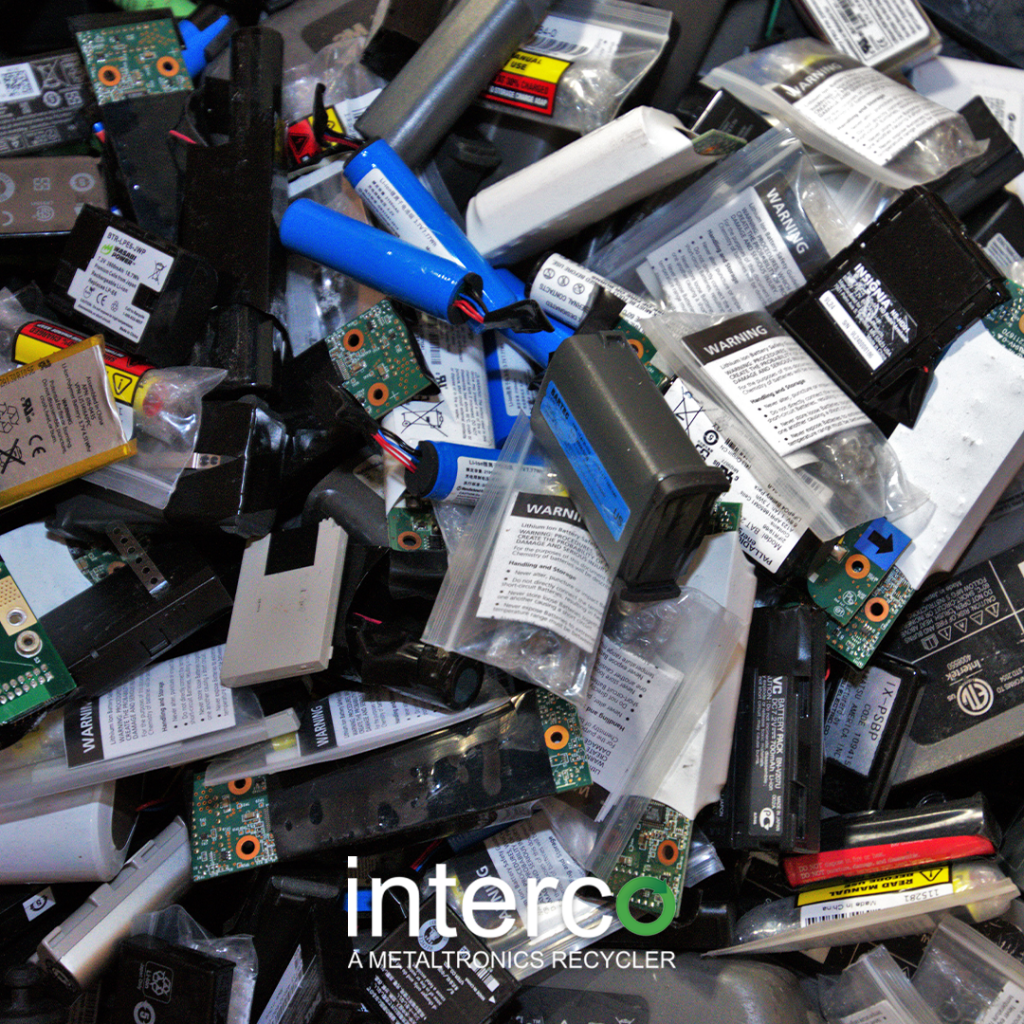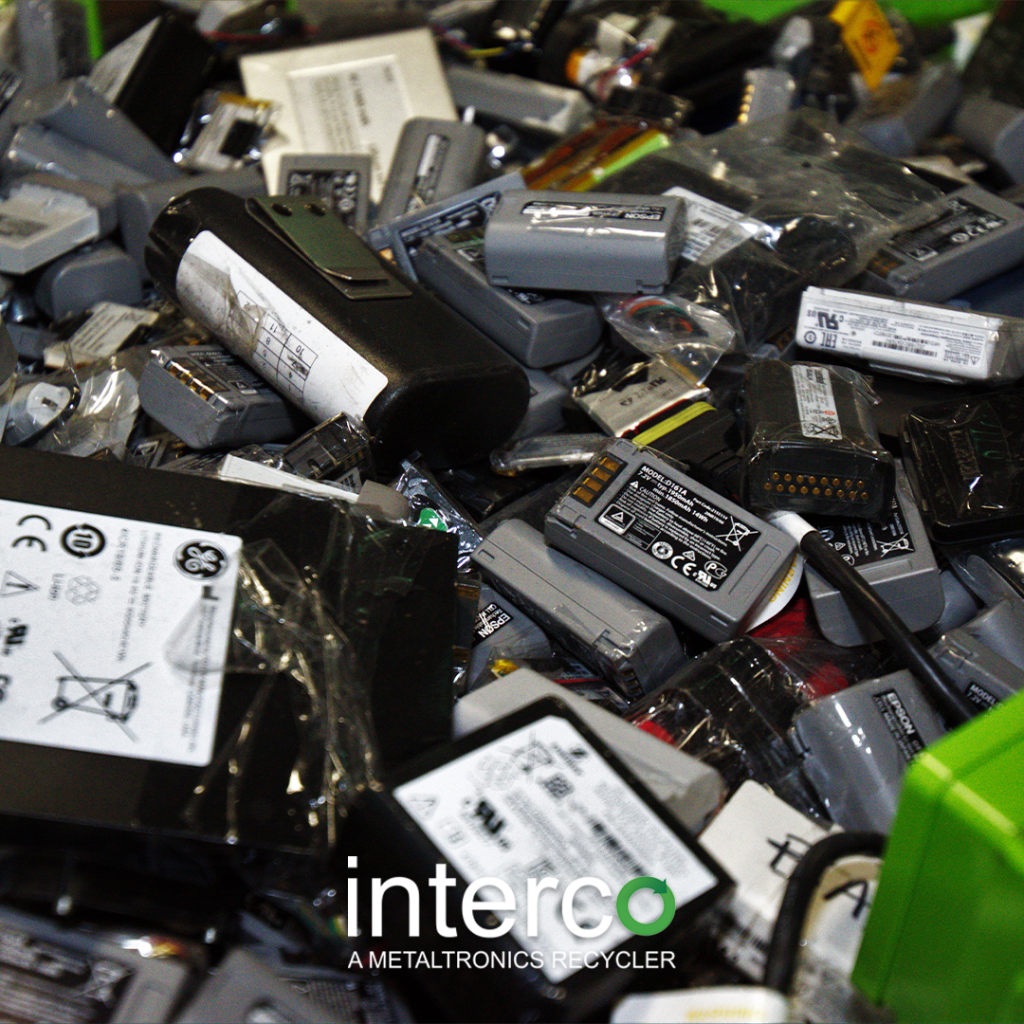Discover the Dos and Don’ts When Recycling Scrap Lithium-Ion Batteries

Discover the Dos and Don’ts When Recycling Scrap Lithium-Ion Batteries
Batteries from consumer electronic devices are being increasingly regulated because they can be a problematic material in the recycling stream. Households and the industrial waste industry are actively searching for the solution to obsolete batteries.
Many recycling centers buy and sell scrap lithium-ion batteries to ensure proper disposal.
Lithium-ion batteries are used in a wide variety of products, including cell phones, tablets, computers, power tools, and more. These batteries have become increasingly common.
Additionally, as the popularity of electric vehicles starts to grow, so does the pile of spent lithium-ion batteries that once fueled those cars.
Battery users often substitute their spent batteries after aging, overuse, or overcharging occurs. Once this occurs, the process to sell scrap lithium-ion batteries becomes evident.
Numerous valuable metals and minerals create a lithium-ion battery. These metals, like other batteries, include:
- Nickel
- Cobalt
- Copper
Lithium-ion batteries contain these rich minerals and valuable metals that allow for extended manufacturing of batteries if recycled. These valuable metals and other materials can be recovered, processed, and reused. Furthermore, it is important to acknowledge the rules on handling lithium-ion batteries.

Dos and Don’ts When Recycling Scrap Lithium-Ion Batteries
Lithium-ion batteries have become increasingly common because their chemistries allow products to be lightweight while also holding higher charges for longer periods of time. But these same factors play into some of the hazards associated with them.
Lithium batteries are generally safe and unlikely to fail, but only so long as there are operating under normal conditions. When lithium batteries fail to operate safely or are damaged, they may present a fire and/or explosion hazard.
As a result, collectors, shippers, and recyclers must take precautionary steps when transporting and processing lithium-ion batteries.
Dos
- Remove the battery from the device whenever possible.
- If the batteries are physically damaged, store them in an insulated plastic bag to avoid any short-circuiting.
- Keep them in a cool and dry place to avoid combustion.
- Bring them to a certified recycling provider who can safely deal with the hazardous materials they may potentially contain.
Don’ts
- Do not dump used batteries into your household waste
- Don’t crush or puncture the batteries resulting in leakage or short-circuiting
- Do not store large quantities of lithium-ion batteries close together without capping or taping off exposed connectors
- Try not to keep old batteries close to flammable materials
These batteries contain a flammable electrolyte that can result in fire or even explosions if they are punctured, damaged, or heated. The high-energy content and active nature of lithium-ion batteries make it dangerous to dispose of them in regular waste, instead, they should be offered for recycling.

How to Recycle Scrap Lithium-Ion Batteries
Recycling centers buy or sell scrap lithium-ion batteries with the goal of extracting the valuable metals from the battery. Before retrieving the metals, recyclers follow a recycling process.
Prior to the recycling process, companies need to deactivate the batteries.
- Lithium-ion batteries are put in a specialized room that is oxygen-free.
- Hydrometallurgy is the process of extracting metals from ores.
- Next, the leaching process refers to the process of using aqueous solutions to extract metal from other metal-bearing materials.
- Separate the battery components into three different items. These items may include cobalt, steel, aluminum, copper, plastic.
- As a result, recyclers retrieve these valuable metals, and companies sell them.
Lithium-ion batteries are pricey to manufacture and this is in part due to the high material cost and complex preparation processes. Therefore, obsolete, or spent lithium-ion batteries can have a positive impact on the economy and environment when transported to a recycling center.
Consequently, batteries that are not transported to a recycling center end up in a landfill. As a result, Interco performs the recycling process for lithium-ion batteries carefully on a facility comprised of five buildings — approximately 400,000 square feet total — on more than 35 acres.
Choose Interco for Recycling Scrap Lithium-Ion Batteries
Interco has the capability to buy and sell scrap lithium-ion batteries for recycling purposes. Recycling allows for the recovery of rich metals and reduces the harmful effects on the environment that improper disposal causes. Furthermore, the team at Interco accepts, processes, trades, and recycles an array of nonferrous metals. Interco recycles batteries of all shapes, sizes, and chemistry. Thus, the team at Interco continues to lead the way in terms of innovative industrial recycling solutions. Consequently, to discover more about how to recycle lithium-ion batteries, click here.